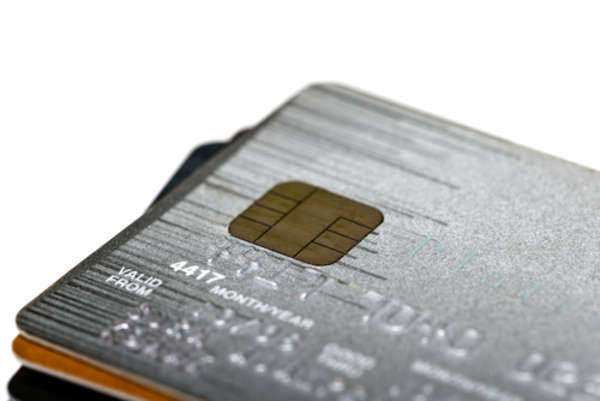What You Need To Know About Credit Card Company
In credit card fraud cases, the victims are not liable for any losses based on the fraudulent charges on their accounts, while merchants are held liable for losses from fraudulent purchases at their businesses. Credit card companies are not held liable for the losses incurred in fraudulent credit card transactions, according to credit card fraud laws, but some credit card companies offer services such as Verified by Visa and MasterCard SecureCode.

These services essentially will protect merchants from chargeback liability, as long as customers to those merchants provide additional information when purchasing products from the merchant in question.
But the role that credit card companies play in the overall issue of credit card fraud is more complex than described above, simply because credit card companies have interests which are somewhat unexpected. For credit card companies, sometimes performing a fraud investigation costs more money than just paying for damages and moving on; as a result, sometimes a fraud investigation will never be enacted.
Furthermore, under American credit card fraud laws, merchants are the ones who must pay for damages, thereby making it all the less costly for credit card companies to simply move forward without additional fraud investigation. The result is that the credit card companies are fairly detached from any real consequences of credit card fraud.
Merchants have attempted to change credit card fraud laws, such that the credit card companies themselves would become more liable for the charges, while merchants would have some of the liability lifted from them. If this were the case, then it would likely become significantly more profitable for credit card companies to launch a civil fraud investigation whenever credit card fraud was committed, such that it could be rooted out and prevented in the future.
Furthermore, such a change would also take the considerable burden of liability off of merchants. Credit card companies have strongly opposed these changes, however, somewhat unsurprisingly, as credit card fraud laws in their current form strongly favor credit card companies themselves.
This meshes with the general reluctance of credit card companies in fully and quickly removing all fraudulent debts and charges from the accounts of credit card fraud victims, even though credit card fraud laws indicate that victims cannot be held at all liable for such charges, and all debts should be removed from the victims' accounts. Credit card companies in general have a motivation oriented primarily towards making money, and they do not gain anything from quickly removing the fraudulent charges from victims' accounts.
Additionally, in the case of entire new fraudulent accounts being created by fraudsters, credit card companies are often highly resistant to attempts by the victim to have the charges removed from their credit score and having the fraudulent account closed, again in opposition to credit card fraud laws which favor the victims in these situations.
The reason in general is that credit companies do not profit much from doing so, regardless of whether or not they are supposed to conform with credit card fraud laws. If credit card companies had a more vested monetary interest in such issues, because they were held liable in credit card fraud cases, then it is entirely likely that credit card companies would be much more active in fraud investigation and reparation.